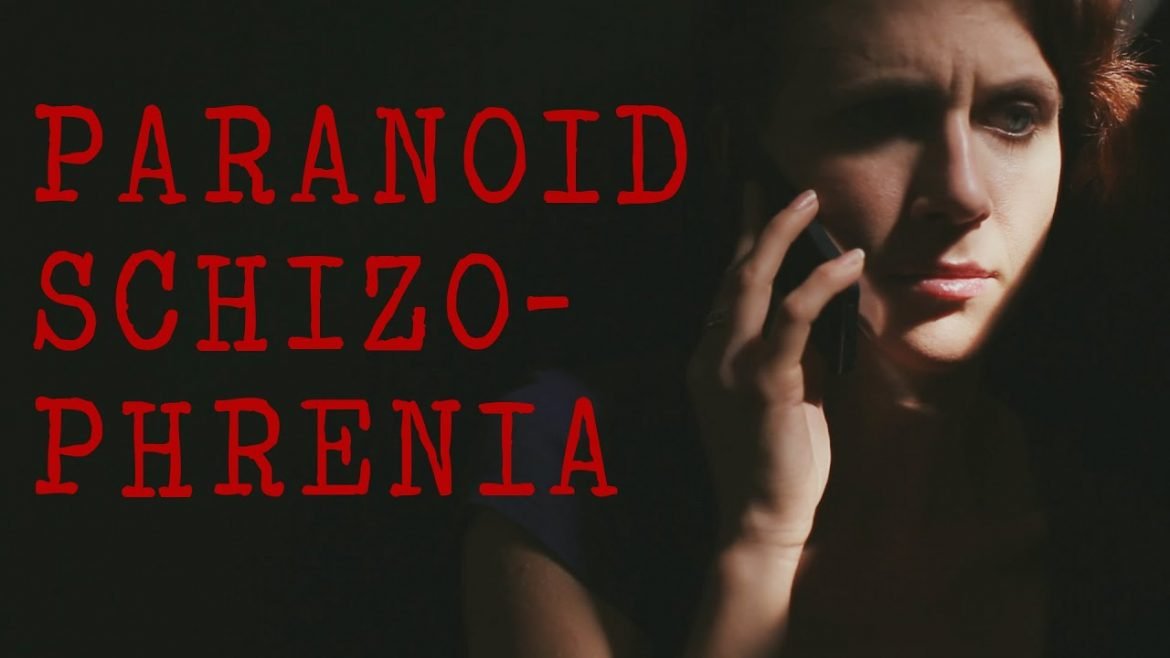Mental illnesses are taken into notice on the same level as other physical problems. They are essential yet noticeable as they need to be cured instantly due to the importance of our brain activity. If our mind is not at a proper place, and we come to spend our daily routine even with a headache, it becomes a drastic challenge. Minor changes in our brain activity affect our tasks and consciousness on a high level, which is why we are here to discuss some crucial factors about a severe mental illness named schizophrenia, especially in adults.
Schizophrenia is an illness that directly attacks brain activity, making it difficult to recognize reality and dreams daily. A person who faces such illness becomes a victim of unimaginable mental state that cannot be understood by an average person. Schizophrenia works a little different between adults and youngsters. Let’s look at some details about this illness in adults.
Symptoms of schizophrenia in adults
Adults, as in men and women, tend to develop this problem equally, but their development age differs from each other. Men get this illness before then women in their late teens to early 20s, while women get this mental illness in the late 20s and early 30s. People rarely develop this illness almost before they are 12 or after they are 40. Puberty is a prominent reason for this illness to trigger early due to change in hormones; that’s why teenagers develop schizophrenia more than adults.
Adults live a different life than youngsters. They have more responsibilities to take care of and more mature concerns than a young person’s mentality. Most adults come to develop schizophrenia due to specific symptoms that are related to their issues. Some of the early signs of schizophrenia include:
- Depression or social withdrawal
- Suspiciousness and extreme reaction to criticism or sarcasm
- Destruction of personal hygiene
- Plain and expressionless gaze
- Insomnia or oversleeping
- Lack of concentration
- Forgetfulness
- Strange words occurrence and irrational statements
These symptoms are not limited to schizophrenia only as mental issues lead to multiple problems if they share the same traits.
Prominent symptoms of schizophrenia
Some of the noticeable signs that make it clear that the person has schizophrenia are:
- Delusions, a prevalent symptom of schizophrenia that occurs in more than 90% of patients all over the world. Delusions of these patients are mostly bizarre or fantasies, for instance, believing someone is out to get them, thinking they are a celebrity or believing that an outside force controls them.
- Hallucinations, also known as sounds of our senses, occur during this mental phase frequently. The patient can hear inside voices as they are real. Sometimes they feel similar to someone else’s voice, and sometimes they feel like coming from an unknown source. Hallucinations come from all senses, especially obvious ones who become worse when the patient is alone.
- Unbalanced speech, an unusual and crazy way of talking without focus and concentration. The patient may start chatting with unknown sources and non-understandable sentences, which may start from somewhere else and end up someplace different. Common signs of unbalanced speech include loose associations, neologism (made-up words), preservation (word repetition) and clangs (meaningless rhyming words)
- Unusual behavior, a symptom that is seen even in the early stage of schizophrenia. It makes the patient decline daily functioning, respond unpredictably and inappropriately, behave is a strange way, and lack impulse control.
How to treat schizophrenia in adults?
Adults may behave differently than youngsters as their symptoms become far more changed than the new ones. Some may come to face them severely, while some may experience them differently. Schizophrenia’s treatment plans are applied almost the same in every case of this illness; that’s why it’s easy to use different solutions varying from person to person. Below are some easily conceivable solutions that can help anyone in dire need of getting themselves or a loved one cured of this nightmare quickly.
- The best combinational strategy for treating schizophrenia is medication, therapy, lifestyle changes, and social support. It’s a fact now that it’s not curable-Yet, but one can have its treatment done with all these categories’ follow up to get better quickly.
- Schizophrenia demands a delayed treatment or so-called long-time treatment. If a patient recovers from the traumatizing illness quickly, he will still need to take his medications and therapy sessions to stay away from future attacks.
- The medication goes hand to hand with the therapy sessions. Doses to calm your nerves and activate consciousness must be present to stay focused on the treatment. It’s essential to let the doctor handle prescriptions rather than dealing with medication selection on your own. Finding the right medication for such severe illness can only be done by professionals, so try your best to have complete consultation before looking after yourself.
- Therapeutic sessions at a psychiatric office help manage stress, balance relationships issues, and enhance communicative skills in schizophrenia. Therapies, including group sessions, help the patient get over his inner fears and show light towards his achieved successions in changing himself.
Last but not the least important task is to carry self-help within to look forward to positive results quickly. Medication may help stabilize your senses, but you need to make sure you are motivating yourself too. Provide yourself self-motivation and love around you. Attend family gatherings and indulge in the company of loved ones when you are in your senses. Leaving yourself loose over just medications and therapies will not complete your treatment, and you may end up continuing it for the rest of your life.
To know more, click here
